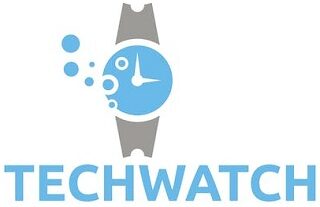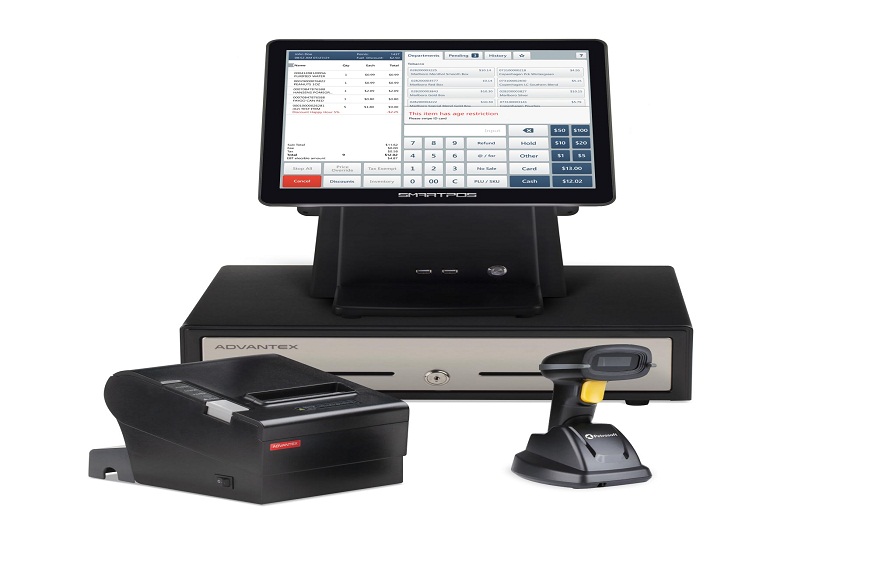You are happily running your business when, out of the blue, you get a letter saying you’re being audited for your software licenses. You break out in a cold sweat as you wonder – am I going to get hit with massive fines? Will I end up in legal trouble? Take a deep breath – this doesn’t have to be a nightmare scenario if you understand what’s happening.
Looking Under the Hood
A software audit simply means a vendor like Microsoft, Oracle, Adobe etc. wants to check that you have properly paid for all the software you are using across your company. They will ask for data on what versions and quantities of their programs are installed on your machines.
The vendors have teams dedicated to these audits, as it is a huge revenue source for them. Some estimates suggest that over $3 billion gets recuperated annually from businesses under-licensing software. So the audits are coming whether you like it or not!
Getting Your Ducks in a Row
Once notified of an audit, the first step is to not panic and start gathering data immediately in an organized way. You will need to provide an overview of your infrastructure, including servers, virtualized environments, cloud services, etc.
Next is doing a comprehensive inventory of what software is installed and where, which can be done manually or with tools. Having good asset management practices in place already makes this much smoother.
The vendors will also want to know your technical policies around software usage, management, and licensing. Being able to show you have tight governance over your IT systems is vital.
Oracle Audits – A Special Case
According to the experts at Miro Consulting, audits involving Oracle products tend to cause extra anxiety due to their aggressive auditing tactics and complex licensing requirements. Oracle audit teams are renowned for trying to catch companies out on technical violations around cloud, virtualization, and processor core ratios.
To combat this, make sure you have an experienced Oracle licensing expert on your audit team who understands the nuances. Cautious planning and extreme attention to detail are required when dealing with Oracle.
Negotiation Time
Once you provide all the data requested, the vendor’s auditors will compare it against their records of your licenses. If there are any shortfalls or deployment mismatches, they will issue a notice showing their calculated costs.
This is when the real negotiation begins, as vendors are incentivized to find as much under-licensing as possible to drive up settlement fees. You will want legal expertise on your side to push back on any inaccuracies or unfair assessments from the vendor.
With some pragmatic negotiation between both parties, a reasonable settlement amount can usually be reached that avoids excessive penalties or litigation. Having your house in order from the start puts you in the strongest position.
The Ounce of Prevention
While never pleasant, software audits are a periodic fact of life for most companies. The key is to implement robust software asset management practices before you ever get audited. This includes:
- Maintaining a continually updated inventory of all software installations.
- Carefully tracking procurement and retiring of licenses.
- Defining clear policies and governance around software usage.
- Using license optimization tools to stay compliant.
Conclusion
Taking a diligent, proactive approach to managing your software licenses and data means you’ll be audit-ready at all times. This prevents any unpleasant surprises and makes the audit process much smoother when the vendors come knocking.
So while being audited may induce some temporary stress, understanding the process and being prepared makes it a manageable task. A little forethought goes a long way.



